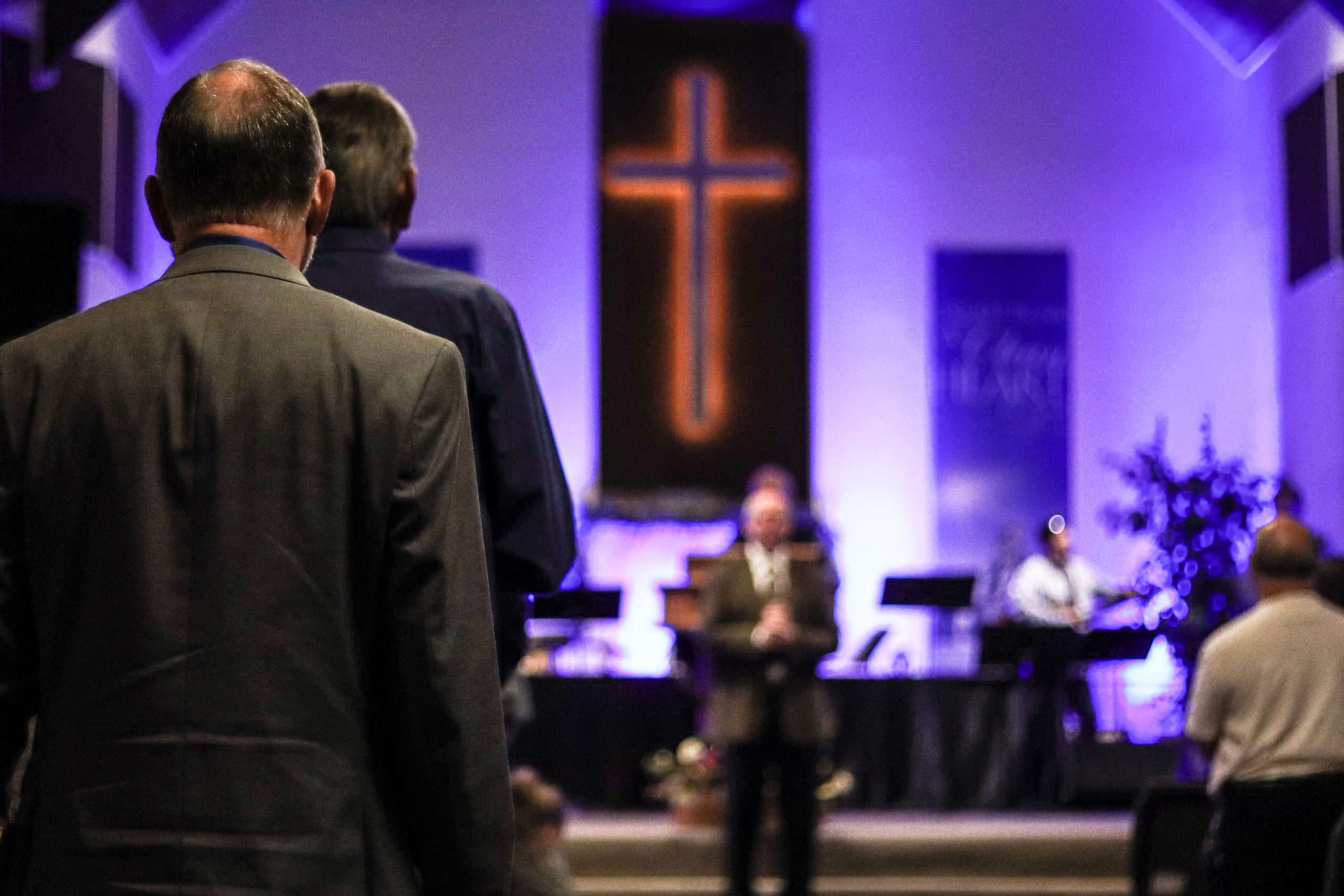How many words have you used today? Researchers tell us that the average person speaks about 15,000 words a day (and no, women don’t use more words than men on average). That’s a lot of words. For comparison, the Gospel of John contains approximately 18,000 words. I wonder how many of the 15,000 words I’ve used today have been pointless, or hateful, or angry. I wonder how many have been helpful, and encouraging, and peaceful.
John began his Gospel by talking about the Word. He began with the well-known phrase, In the beginning…. Every Jew knew immediately how to complete that statement. It’s like hearing, ‘twas the night before Christmas. And you’ve already completed the rest of it, haven’t you? But John doesn’t continue the way his audience expected. He used this phrase to speak about the Word. He described the Word as being with God, in fact as being God (vs. 1); as being the creator of the entire universe (vs. 3); as being life,and giving light to men (vs. 4).
Words are powerful things, but you can’t see a person’s words. John, however,continues to describe this Word by saying that He became flesh (vs. 14). This is the event we celebrate at Christmas—Jesus Christ taking a human body so that He could become the Savior of the world. John says that the Word became flesh and dwelt among us. The word John used to speak of Jesus living among mankind means to pitch a tent, or to setup a tabernacle. While the Children of Israel made their way through the wilderness on their way to the Promised Land, the Lord instructed them to construct a tabernacle so that He could dwell in their midst (Exodus 25:8; 29:44-46). Jesus took a human body so that once again God could dwell with His people.
John continued describing this amazing event by noting that those who saw Jesus beheld more than a mere man—they beheld glory. Moses constructed the tabernacle in the wilderness in strict conformity to the directions God gave him. After everything was in place, suddenly a thick cloud covered the tabernacle and the glory of the Lord descended (Exodus 40:33-35). We refer to this as the Shekinah Glory of God—the Glory of God’s Presence. John is describing the same thing. Jesus is the Shekinah Glory of God.
Although John says that they saw Jesus’ glory, there were many who saw only another man. Maybe a good man or even a great man, but nonetheless, still a man. When Moses set up the tabernacle, the glory that descended was very much a physical glory—no one could miss it. In fact, it was so physically overwhelming that even Moses could not enter the tabernacle. No one in all Israel could ignore the very real presence of glory. So then, why did not everyone who saw Jesus also see His glory? Because His glory can only be seen with spiritual eyes. Many Jews saw Him and saw just a man, and never saw His true glory.
Incredible, you say? How could they not see? How could they not believe? Maybe for the same reason that many will celebrate Christmas this year and never see anything more than a season for giving and receiving gifts, singing a few songs about Santa Claus, or maybe setting up a manger scene. But you see His glory, don’t you? Then bow before Him—and worship.
Senior Pastor, Gary O’Neal


Comments are closed